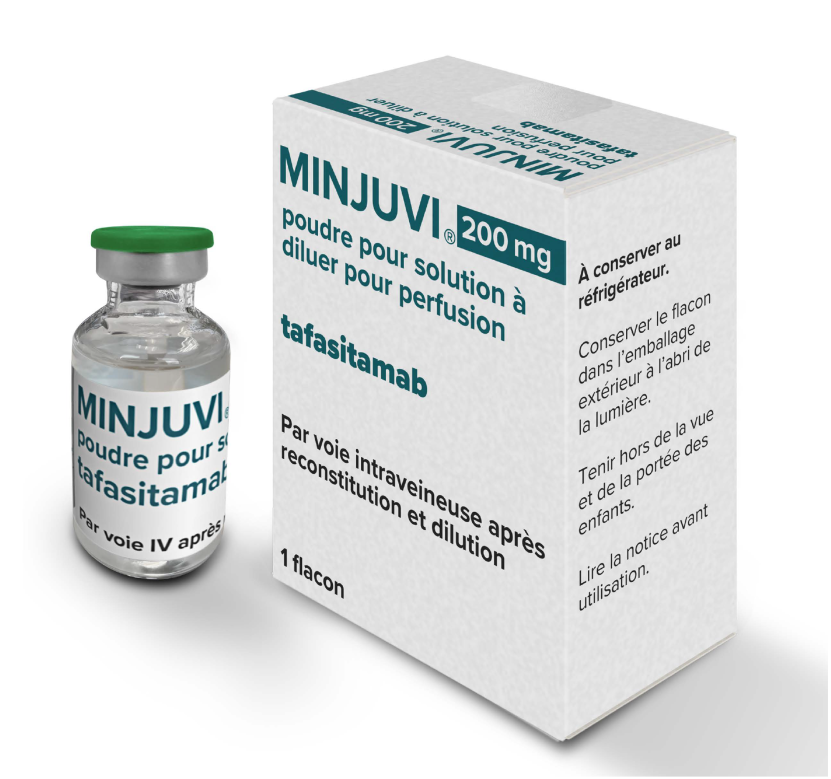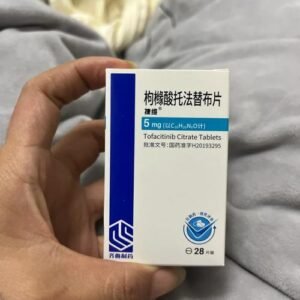TAFASITAMAB 坦昔妥单抗
Tafasitamab is a humanized monoclonal antibody targeting the CD19 antigen. It is mainly used in combination with lenalidomide to treat adult patients with relapsed or refractory diffuse large B-cell lymphoma (DLBCL), especially those who cannot receive autologous stem cell transplantation. The drug inhibits B cell proliferation by binding to the CD19 molecule and needs to be used in a standardized manner under the guidance of a doctor.
Mechanism of Action and Indications
Mechanism of Action: Tafasitamab specifically binds to the CD19 antigen on the surface of B cells, blocking its interaction with downstream signaling pathways, and clearing abnormal B cells through antibody-dependent cell-mediated cytotoxicity (ADCC) and phagocytosis (ADCP).
Indications: Approved by the US FDA for:
Combined with lenalidomide for the treatment of relapsed/refractory DLBCL;
In clinical trials of some other CD19-positive B-cell malignancies.
Usage and Dosage
Administration: Intravenous infusion, which must strictly follow hospital operating procedures.
Standard regimen:
Initial phase: once a week for 4 consecutive weeks;
Maintenance phase: once every 2 weeks until disease progression or intolerable toxicity occurs.
Dose adjustment: calculated based on body weight (12 mg/kg), individualized adjustment is required based on patient liver function, infection risk, etc.
Common side effects and treatments
≥10% of patients experience: fatigue, neutropenia, anemia, diarrhea, fever, etc.
Serious adverse reactions:
Infection (such as pneumonia, sepsis);
Infusion reactions (chills, hypotension);
Bone marrow suppression (regular blood routine monitoring is required).
Treatment principles: symptomatic support for mild cases, and suspension of medication and initiation of specialist treatment for severe cases.
Precautions and contraindications: Contraindications: Allergic to the components of tancitumomab; Active hepatitis B or severe immunodeficiency patients (such as uncontrolled HIV infection).
Special populations: Pregnant women are prohibited (may cause fetal toxicity); Feeding should be suspended during lactation.
Medication monitoring:
Screen for infection indicators such as hepatitis B and HIV before treatment;
Regularly evaluate blood routine, liver and kidney function.
Important reminder: This drug is a prescription drug and must be strictly followed by the guidance of an oncologist. Avoid live vaccines during treatment. See a doctor immediately if persistent fever or breathing difficulties occur.
View more
Share:
Products
Our offers
Health Classification
Let us work together to protect precious health




























